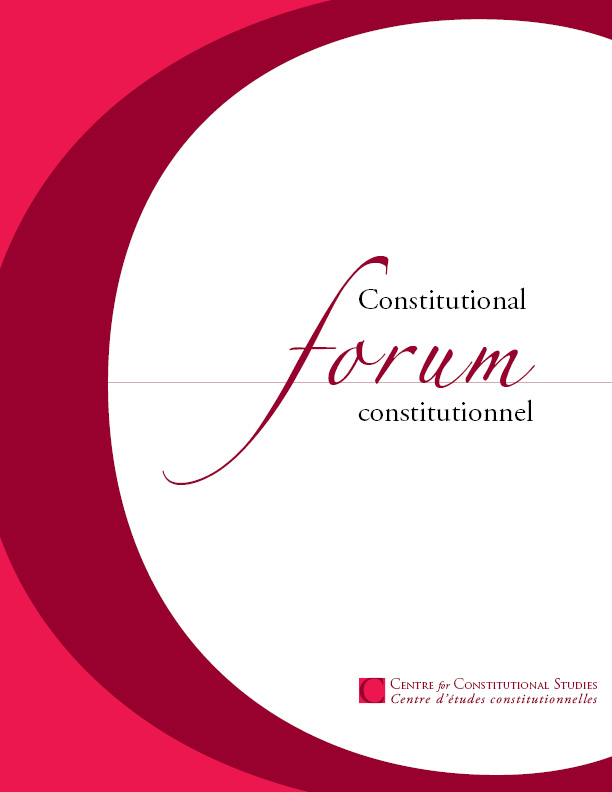Do Consumers Really Benefit from the Federal Paramountcy Doctrine? A Critique of Director of Criminal and Penal Prosecutions v Telus Communications Inc.
Abstract
On June 11, 2020, the Quebec Superior Court released its judgment in DCPP v Telus, confirming the validity, applicability and — for the most part — operability of many provisions of the Quebec Consumer Protection Act applying to wireless service contracts. However, the Court concluded that sections 214.7 and 214.8 of the Consumer Protection Act, which set a limit on the early cancellation fees that may be charged to consumers by wireless service providers, were in conflict with the CRTC Wireless Code for certain types of contracts and therefore inoperative. The analysis in this comment suggests that the Court’s application of the doctrine of federal paramountcy is far from a victory for consumers. This comment begins with an overview of the federal and provincial regulations applying to wireless service providers, and of the framework of division of powers used to determine how these two different sets of rules interact with each other. It then provides a summary of the reasons given by the Court of Quebec and the Quebec Superior Court. Finally, it discusses the Court’s analysis and conclusions, focusing on its application of the federal paramountcy doctrine and its impact on the protection afforded to consumers in their contractual
relations with telecommunications carriers. It concludes by explaining how the Court’s solution to resolving conflicts between the federal Wireless Code and the provincial Consumer Protection Act actually deprives consumers of specific procedural benefits and more generous remedies.
Downloads
Published
Issue
Section
License
Copyright (c) 2020 Catherine Mathieu*

This work is licensed under a Creative Commons Attribution-NonCommercial-NoDerivatives 4.0 International License.
Authors who publish with Constitutional Forum constitutionnel grant the journal the right of first publication, and agree to license the work under an Attribution-NonCommercial-NoDerivs (CC BY-NC-ND) that allows others to share the work for non-commercial purposes, with an acknowledgement of the work's authorship and initial publication in this journal, as long as no changes are made to the original work. Please use this format to attribute this work to Constitutional Forum constitutionnel:
"First published as: Title of Article, Contributor, Constitutional Forum constitutionnel Volume/Issue, Copyright © [year], Publisher"





